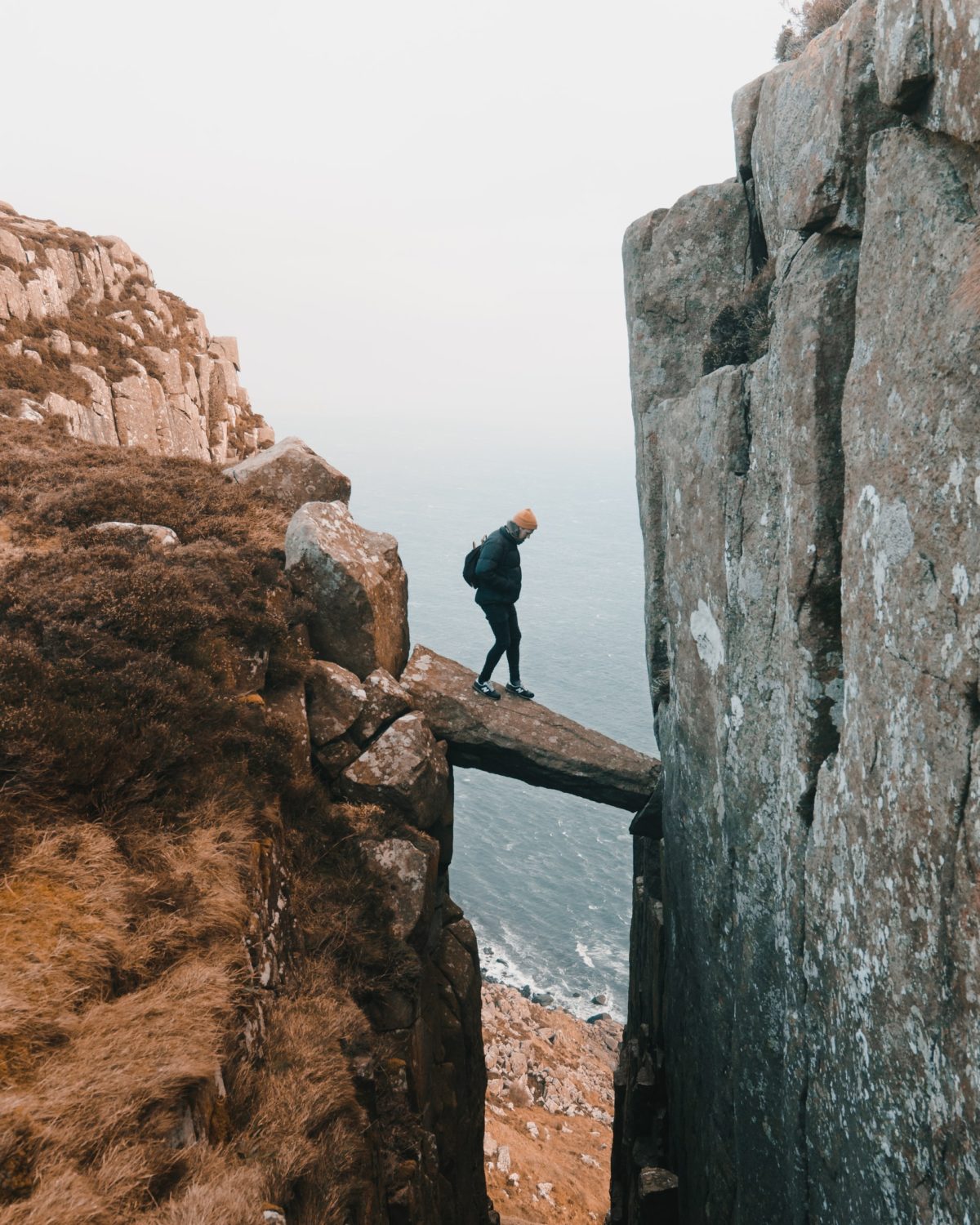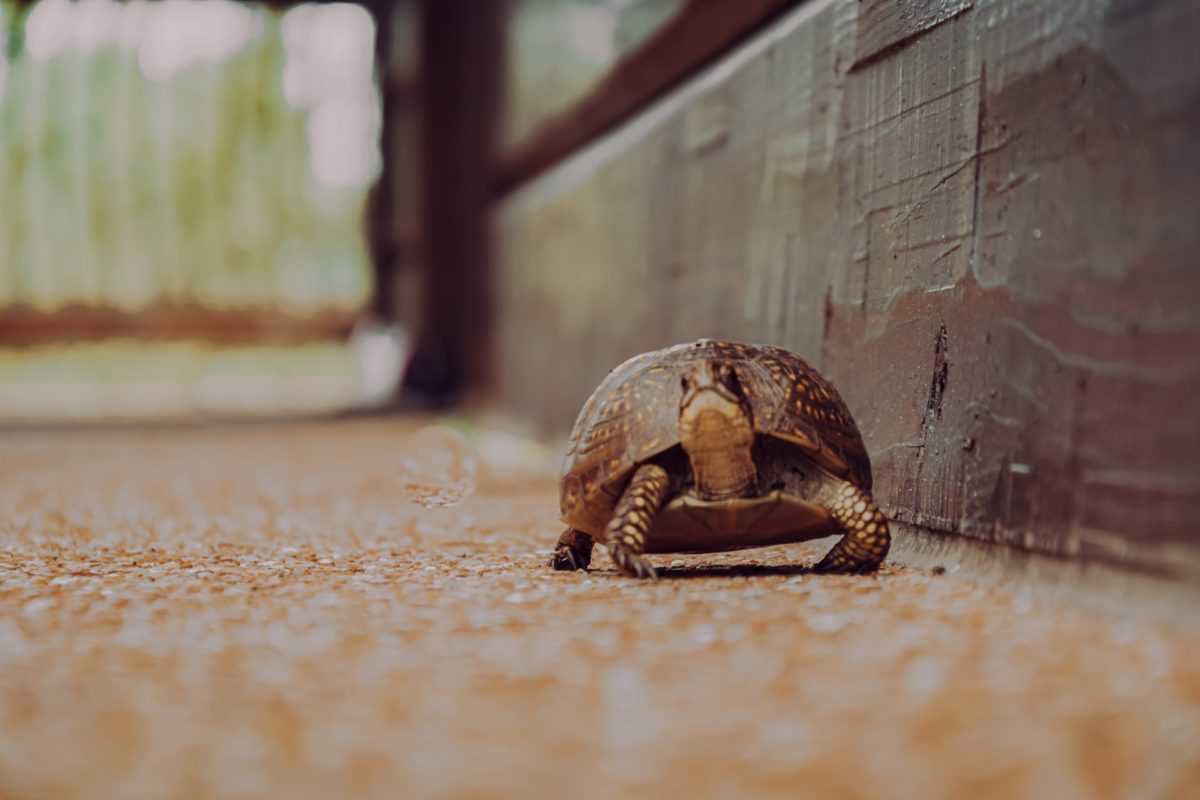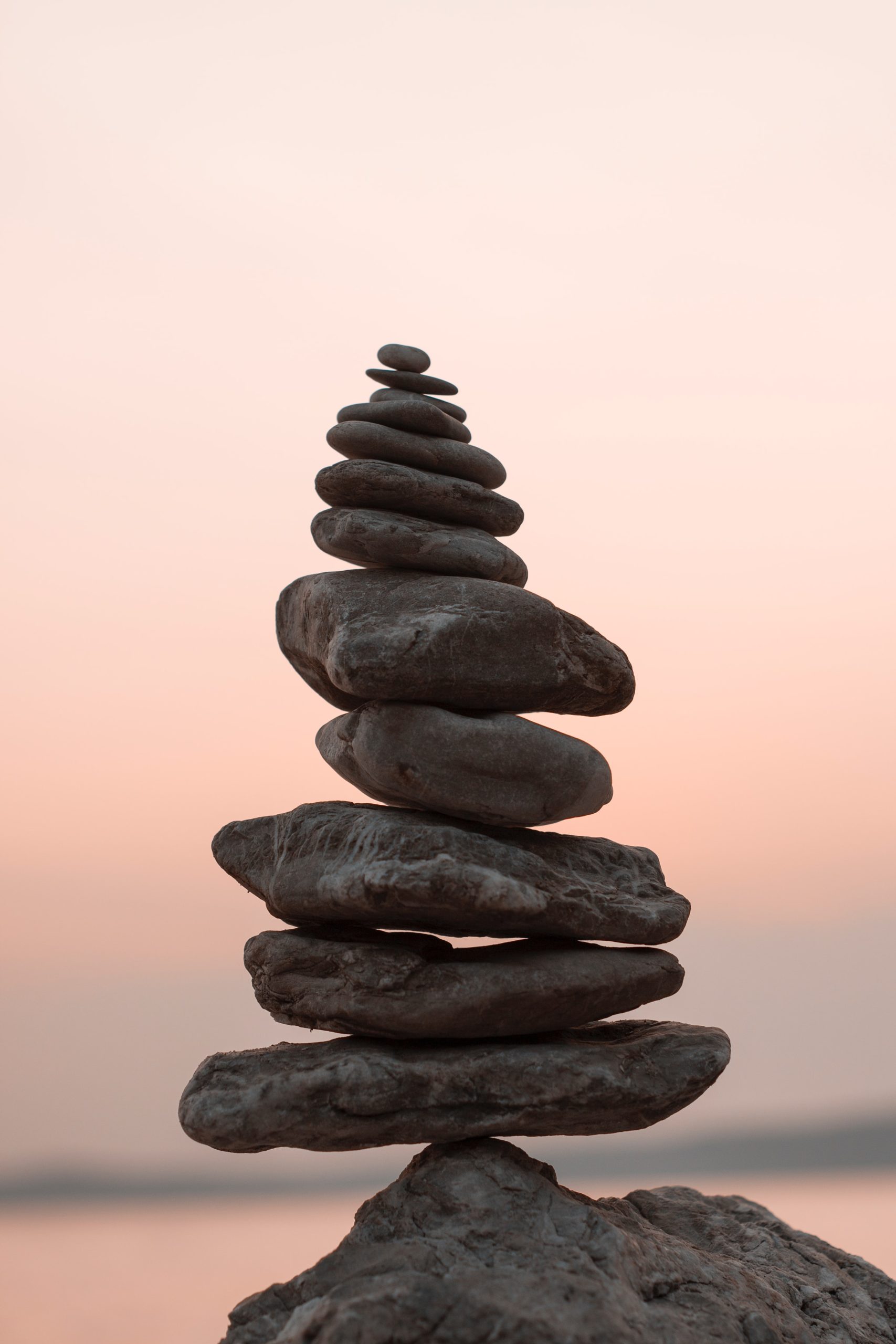Writing often deals in metaphor. There is good reason for this. Metaphor paints a good picture in the readers’ minds and makes communication easier for the writer. We all learn well from the use of metaphor. It works all around. That is likely why we use it so much.
The writer’s path is itself a giant metaphor of the travel all writers take as we climb the mountain of ideas before us and the gates we must pass to gain all the skills.
13 Gates of writing
There are 13 major gates every writer uses as we climb the mountain of projects before us. Every time we sit down we bring the keys we gained from previous climps to increase our efficiency. The gate guards are clever though. They throw new obstacles in our way every time to ensure the journey requires as much effort as previous trips. Their aim is to stop the climb. We must adapt to the changes. Over time the keys become well grooved habits that allow us to make it through to the top and back.
The hardest part of the entire trip is always the same. We never really know where our keys will work easily or where new trials will bloom up. Nor is there an order these weaknesses will show themselves. There is no pattern. All we can do is be aware of ourselves and realize when we are under attack at one of the gates.
Writing is an easy thing to do, you think?
Not really. Writers are only human. We are not gods immortal and eternally wise. A writer can all too easily engage the good old triple-D habit to hide the realities facing them. It is one of the easiest self deceptions to allow ourselves to defend, deny and destroy to protect ourselves from learning a life lesson so that we can fashion the proper key we need.
What are the writing gates?
Courage
The first gate that comes to my mind is courage. Without courage a writer is often lost. It takes guts to write, edit and then give your work to the world. In writing we expose our inner most thoughts and our own skills. All of that is laid bare for critics to assail. No one is naturally immune to the piercing light of the public eye. It’s one of the great fears our inner critic will use to stop us in our tracks. We fear that society will judge us instead of our work and will be cast out.
When we kick in our courage we acknowledge our fears but instead of running we choose to accept them and act anyway. We become like a soldier on the battle line. He accepts his fear of death when choosing to see him-self as already dead. This allows the soldier to act uninhibited by his fears. It does not remove the fear. Such is the courage the writer assumes when choosing to move past a fear. He finds that the fears that held back his hand hold little sway in reality.
For writers we need not worry of some literary death. This is mainly because with each new work we are reincarnated anew. No critic can kill us as long as we complete our work and move to the next.
Self-honesty
The second is the writer’s honesty with ourselves and their writing. We can hardly be courageous if we are not honest enough to admit, if only to ourselves, about how we feel about a given work at a given time.
To write is to not just be honest with the material or the audience. It is to be honest with ourselves cross the board. We only improve when we can be honset about how well we are performing, what we need to improve as we work to make the corrections we need to make in ourselves, clairify our thoughts and create better works.
Honest often entails being more honest with ourselves about our performance when we could greatly profit from less work. Poblo Picaso is probably the most famous for honesty at this level mainly because of the manner he chose to display it.
Some years ago Picaso was showing his latest collection to his friend and art dealer in preparation for sale. The work was amazing to his friend. He was certain that Pablo had achieved a new level in his skill.
At some point Pablo stopped talking about the paintings then marched to his work table and seized one of his pallet knives. He strode to the first painting and sliced it to shreds.
His friend was shocked. A great work of art had been forever lost. That did not even slow Pablo. He marched through the rest of the paintings to rend every single one to the same level of destruction.
What had caused the carnage?
Pablo had realized during the showing that the works had failed to reach the level he knew he could achieve. His honesty with himself was such that he could not allow himself to profit from them, and he would have. Poblo held firm to higher standard fro himself. He would not allow himself to profit from such a shoddy effort on his part. He chose to only give to the world his best.
That is the kind of honesty a writer must have. When we think we are done we must ask ourselves did we put forth our best effort? Do we need to put in more practice? What do we need to learn? Then we must act accordingly.
Self-Confidence
Self-Confidence is another learned skill. It comes from doing our work naturally as we practice our craft. We become more aware of ourselves and learn from those lessons. We grow and our confidence grows along with it.
Humility
Humility seems to rise with all the great writers. A good writer knows that they are merely apprentices to their higher minds. Youngians would say that the us we experience, the ego, is nothing more than the smallest part of ourselves.
They are right. All creatives tune into a cosmic radio in our heads. Humility means more for us than just crediting a higher power for our work. Our humility allows us to see our work in a clearer light so that we can more easily find where improvement is needed. Humility allows us to rally our courage to fix and build up those areas. Humility is the reaosn we can improve our work and ourselves. Without humility we will stagnate leaving our work little more than a cesspool of less than stellar compositions. To build our humility is to strive to improve our work.
Find our humility
Humility growth requires little more than the lessons every mother strives to pass on to their child. Be gracious to those who aid or support you in your work. It takes little more than an honest thank you. Give your support and help to others. Remind them their work is valid. Avoid wearing your accolades on everyone else’s nose. Lift up others. Encourage them. Be grateful for those who believed in you when you were floundering. Take some joy when others win, be happy for them. Draw some faith that you too will grow with them.
Compassion
Compassion for yourself and others. Humans get all wrapped up in our own inner struggles such that we forget that we are human. We are creatures that learn by explorations. That means we will make mistakes and fail often. This is how we grow as people, societies and every other aspect of being human. It’s a great way to adapt and grow.
The devil in our details is we can become critical of not the failure but the person or persons involved. It becomes a personal issue and we attack the human without remorse. The most damaging part is we withhold our most destructive elements for ourselves. This is why writers must must learn to control our inner voice with compassion for ourselves and those about us.
When we allow ourselves to express our assessments in compassionate terms we can give better guidance and wiser plans for correcting our missteps.
Compassion allows us to reach our ability to be objective when we receive criticism or need to look at our work critically. It is when we cannot reach our objective mind that we become defensive and destroy our own gains.
What holds the writing path together?
Patience
The answer is a whole lot of patience. Patience comes when we allow ourselves to merge into the work. We embrace the grind to allow our inner urge to move forward to become unbound by time so that we focus on the work. We accept that it will take time for the process to unfold and choose to give the time less value in favor of a greater value to the work itself.
Curiosity
We use our curiosity to pull us into our work by cultivating an open mind that is receptive to the new. The question to look at is how would we see what we are looking at if we were a child. Then we seek to answer that in our work.
Focus
Like steps along a path curiosity inclines us to build our focus which we can use in our work to block out thoughts of other things to induce a flow. Nothing abnormal in this process. Once we start with one part we move to include the rest.
Deferred Gratification
Deferring gratification is often one of the hardest steps in a world where instant everything is not so much an ideal anymore than a way of life. A famous comedian and author Jim Mendrinos once summed it up as, “No one wants to write. Everyone wants to have written.” That is a profound statement at the heart of why every writer must work to grow their ability to defer gratification.
Writers always want ways to be done yesterday, but the only way to succeed, regardless of how skilled we become at the craft, will always be the grind to get the work done. The process of writing will always take more time than we would rather. Being able to defer gratification is critical to our success.
Scale Your Process
One way to defer gratification is to skip waiting for the reward of a finished project by breaking down the larger work into smaller steps with rewards for completing those steps instead of working for the finnish of the larger work.
Will
Will power is a limited force in us. Even with building it over time we deplete it constantly as the day goes on. Many writers structure their days such that they save their largest reserve of will for the time they write. In this case the skill is found in an awareness and understanding of yourself. That self knowledge helps them to conserve more will power and allows them the will to write even if they must write late at night after a long day of will depleting obstacles behind them.
Gamification
The best way around this one I have found save will power is to make a game of limiting the times I use will power before I sitdown to write. Play to limit the times you have to make choices. You can save will power by simplifying your choices throughout the day. Steve Jobs used limited his wardrobe to his famous black turtlenecks and slacks for this reason. You can also use routines to get through the mundane issues of the day from how you workout to how you clean your house, give yourself some easy out answers for repetitive situations like what to eat for breakfast, and so on.
Permission
One of the crazier ideas I have run across is to give yourself permission in advance of a choice to go with your favorite choice or your gut. For instance you know you will be going out to dinner. Give yourself permission to have desert or to remove your normal calorie restrictions instead of having to make a choice about what you eat in the moment. Take the pressure off of choosing. You could even be detailed with exactly what you are going to choose with an option for availability or just choosing another thing on a whim. The point is to enjoy an evening free of choice.
I will add that is not an excuse for dietary debauchery every day of the week or some other kind of destructive habit, but the occasional use can really save on worry issues that deplete your will power.
Mental Toughness
Mentally tough is what we get as we work with these skills. We learn to eliminate random desires and choices so that our desires are naturally limited to those habits and things that will give us the writing results we most want. This is much like the practice circles a swordsman uses. As his skill grows the smaller the ring he can work in to limit his ability to move. The smaller the ring the greater his skill. That is how we grow mentally tough when we remove those things that do not add to our skills as writer. We become more proficient with less options and room to move.
Endurance
As we improve our mental toughness we increase our ability to endure hardship. That allows us to channel our energy and skills to endure adversity, injustice and indifference. All three are common fodder for the writing field. A writer fights these demons both in the mind from the inner critic as well as the world at large.
Focus
While you can focus on any given attribute to improve yourself and your work, they all come into play all the time with every step up the mountain.
The Writer’s take away
Have no fear. As long as you continue to simply build your writing practice you will build on the skills for all the gates the rest of your writing life. May it be a long one.
Try some writer’s Humility
Photo by Keith Hardy on Unsplash






